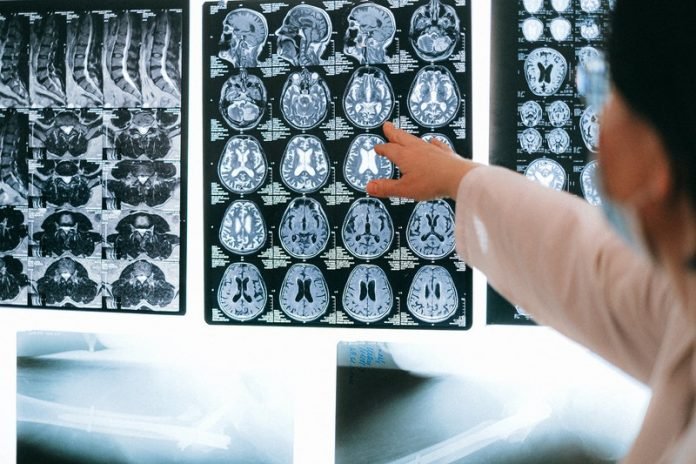
In a new study, researchers found that among people who have strokes and COVID-19, there is a higher incidence of severe stroke as well as stroke in younger people.
In the study, the team focused on a group of 432 patients from 17 countries diagnosed with COVID-19 and stroke.
Among this group, the study found a much higher incidence of large vessel occlusion (LVO)—strokes caused by a blockage in one of the brain’s major arteries that are typically linked to more severe symptoms.
Nearly 45% of strokes in the study group were LVOs; in the general population, 24 to 38% of ischemic strokes are LVOs.
The study group also had a high percentage of young patients who had strokes: More than a third were younger than 55, and nearly half were younger than 65.
Pre-pandemic general population data showed 13% of strokes occurred in people under 55, and 21% in people younger than 65.
The findings showed that that less-severe strokes, mostly in critically ill patients or overwhelmed health centers, were underdiagnosed.
This finding is important as minor or less severe stroke may be an important risk factor for a more severe stroke in the future.
Throughout the pandemic, people with COVID-19 have reported symptoms involving the nervous system, ranging from a loss of smell or taste to more severe and life-threatening conditions such as altered mental state, meningitis and stroke.
A group of scientists and a team of experts from around the world formed the COVID-19 Stroke Study Group shortly after the pandemic began to study the correlation between COVID-19 infection and stroke risk.
Results from the first phase of the study, which included data on 26,175 patients, indicated an overall stroke risk of 0.5% to 1.2% among hospitalized patients with COVID-19 infection.
The finding demonstrated that even though there were increasing reports of patients with COVID-19 experiencing stroke, the overall risk is low.
If you care about stroke, please read studies about these 7 things can tell your future heart disease, stroke risk and findings of wearing a blood pressure cuff may help prevent stroke.
For more information about stroke prevention and treatment, please see recent studies about the secret link between sleep problems and stroke and results showing that two common dietary supplements may protect against heart disease, stroke.
The study is published in Stroke. One author of the study is Ramin Zand, M.D.
Copyright © 2021 Knowridge Science Report. All rights reserved.



